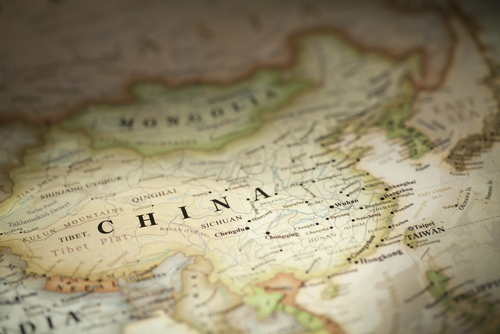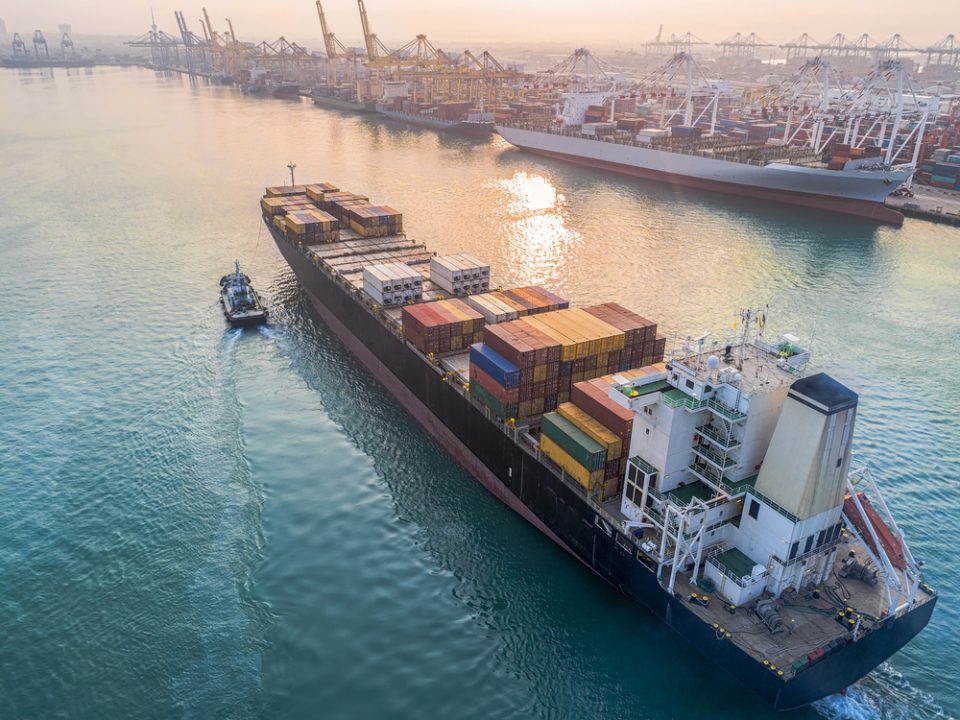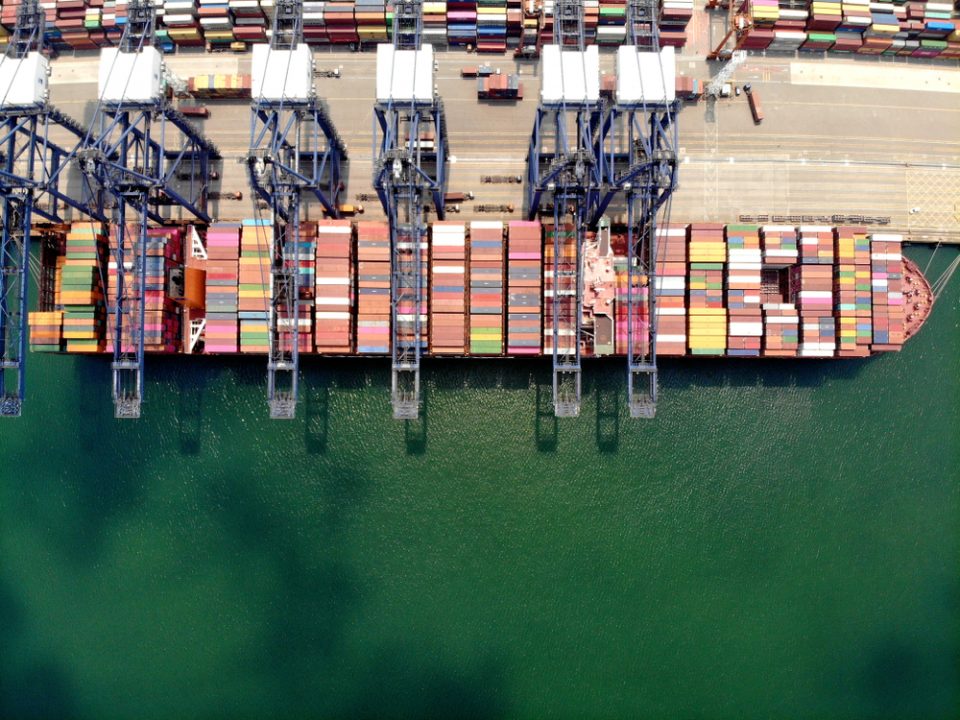
How Pacific Hurricane Season Affects Freight Forwarding
April 24, 2020
Avoid These Mistakes When Prepping Air Freight
July 14, 2020At Bruning International, we help hundreds of clients every year with their imports and exports. Over the last few years, imports from China have continued to rise year over year. With improvements to shipping strategies, even small businesses are taking advantage of new ways to affordably handle imports. Whether you are looking to begin importing from China, or you have been for a while and want to improve how you do it, here are a few key mistakes to avoid.
Not Paying Attention to INCO Terms
INCO terms are a set of rules established by the International Chamber of Commerce. These rules define who is responsible for shipping, insurance, and tariffs between any two nations. It is important to understand the INCO terms you sign on to when you are handling international shipping. Some of the more common INCO terms include EXW (Ex Works), DDP (Delivered Duty Paid), and FOB (Free on Board). Depending on the INCO terms you sign, your company will need to handle additional fees for handling your goods, loading and unloading goods, transferring goods, and import taxes. If you work with a freight forwarder, you should always ask to see their INCO terms and ask questions if there is something you do not understand.
Not Hiring A Freight Forwarder
If you have not worked with importing or exporting freight, you will quickly learn that shipping logistics is its own language with very complex rules. Freight Forwarders can help businesses navigate the challenges that are presented when organizing shipments overseas, and save you and your team hours of work. Not only do freight forwarders save time and money, but they can also help improve your shipping experience by offering their own unique expertise.
Not Understanding How Your Product Will Interact With Shipping Tariffs
Laws around tariffs are very complex. Different countries, and regions have different laws, and the minutia can be confusing. By utilizing the harmonized tariff schedule or HTS, you can get a 10-digit code that explains the potential duties assessed on imports coming into the United States. If you are getting an import from China, or from any country for that matter, always request the HTS code for that product so you know what to expect in terms of tariffs.
Underestimating Transit Times
When importing from China, understanding the different factors that impact transit times is important. You may hear of the “12-day transit” from China which may cause some unrealistic expectations. 12-day transit refers to transit after your shipment is loaded on to ocean freight and leaves the port to the port that it will arrive in America. This does not take into account the time it takes to organize your freight’s inland transportation in both China and America. Talk to a freight forwarder for more information on how long it will actually take for a shipment to arrive via ocean freight.
Contact Bruning International
For help with international imports, contact Bruning International. Our team of freight forward experts is always around to help businesses navigate the challenges of shipping internationally. For more information please contact our team.





